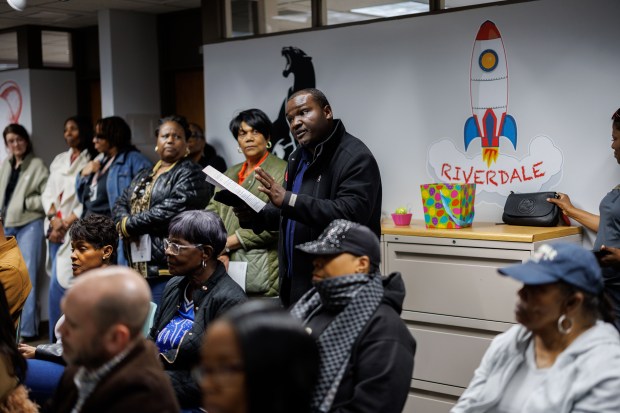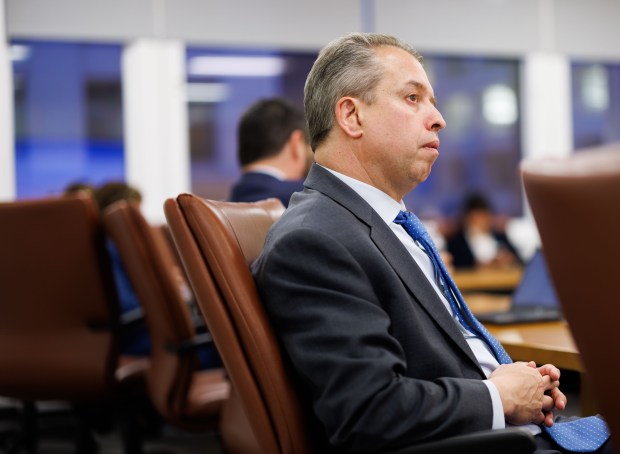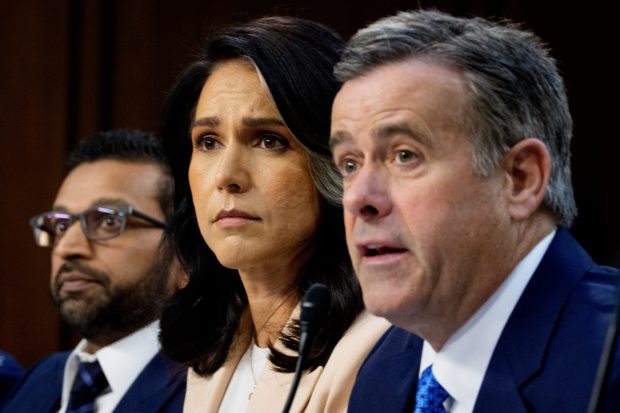What is it about Dolton and inexcusably bloated salaries for elected officials and administrators?
The outgoing superintendent of the school district for elementary and middle schools in the village of Dolton and neighboring Riverdale, we’ve just come to learn, is making $450,000 a year and by the time he retires two years from now his salary will balloon to $510,000.
Just to put that in perspective, Pedro Martinez, who is running the nation’s fourth largest school system at Chicago Public Schools, is making a little over $350,000 in salary. How in the world is Kevin Nohelty, who oversees 10 schools, making nearly $100,000 more?
Dolton Elementary School District 148 has fewer than 2,000 students. Chicago Public Schools has a little over 325,000.
Nohelty amazingly is the highest paid school superintendent in all of Illinois, according to research from conservative publisher Wirepoints.
Another point of contrast: the median household income in Dolton is $58,706, which is $23,000 lower than the statewide median, making the exorbitant pay for the local school boss that much more galling.
Nohelty two years ago informed the District 148 board that he was retiring, but the board has struggled to hire a successor. So Nohelty has agreed to stay on for two more years — at a price. He’s getting a $30,000 raise in each of the next two years, according to the Daily Southtown.
Some board members say they were excluded from discussions leading to the salary increase, and two of the six voted against the new pay arrangement at a recent meeting, the Southtown reported.
It would be one thing if the schools in Dolton and Riverdale were producing outstanding results. Just 19% of students in the district are proficient in reading, according to state data.
Something doesn’t add up here.
Over the past two decades, school superintendent salaries in Illinois have climbed steadily, even as student performance in many districts remains unacceptably low. Nohelty is a perfect example — his salary was $292,000 five years ago. Yet increased investment in leadership hasn’t translated into meaningful classroom improvements.
We’re sure Nohelty’s job is demanding as most school administrators’ are. Still, how can the school district ask people who may be struggling financially to pay for such a high salary? Especially when the results aren’t there?
And it isn’t just Dolton and Riverdale residents who will have to deal with the district’s overly generous ways. Illinois taxpayers will be on the hook when Nohelty retires. Richly paid superintendents often retire with multimillion-dollar lifetime pension benefits.
Nohelty isn’t the only superintendent cashing in. Deerfield School District 109 Superintendent Michael Simeck brings in $357,000 a year.
Waukegan Community Unit School District 60 Superintendent Theresa Plascencia is paid $345,000 a year, presiding over schools where just 16% of students are proficient in reading.
And the list goes on. Illinois is home to about 850 school districts — so we have a lot of superintendents to pay for. By comparison, Florida, with a population nearly double Illinois’, has about 70 school districts.
We understand that districts have to pay a competitive wage for a high-stress job if they want to attract talented candidates. That said, the districts over which many of these superintendents preside are failing to give kids adequate instruction in the basics, and so we have to ask: Where’s the return on investment?
The egregious payout for Dolton’s schools chief isn’t the only indignity local taxpayers have had to swallow in recent history. Embattled, soon-to-be-former Dolton Mayor Tiffany Henyard raked in an absurd $270,000 from her government gigs as mayor and Thornton Township supervisor.
There’s a significant opportunity cost at work too. With the money saved from a more reasonable superintendent salary, the district could hire several teachers, reduce class sizes or cover after-school literacy programs proven to boost reading skills.
Enough is enough. We should all be skeptical of public sector pay that outstrips many private-sector C-suite salaries — and dwarfs the incomes of the people footing the bill. And, at the very least, people making this much money need to be held accountable for their performance.
School boards need to focus on student success — not administrative enrichment.
Submit a letter, of no more than 400 words, to the editor here or email letters@chicagotribune.com.





